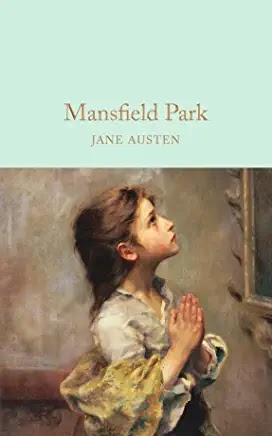Jane Austen by Allison Symes

Image Credit: Images created in Book Brush using Pixabay images. It is the 250th anniversary of the birth of one of my favourite authors, Jane Austen, later this year (16th December to be precise). I’m fortunate enough to be able to easily get to Winchester Cathedral where she is buried and they have had exhibitions celebrating her life and work. Indeed there is an exhibition running there from 23rd May until 19th October 2025 called the Jane Austen Poetry Exhibition which looks at the friendship between her and Anne Lefoy, who was a mentor to Jane. (I find it encouraging mentors are nothing new for writers). Jane wrote a poem regarding the death of her friend and that poem is one of the objects on display here. I discovered the joy of Austen’s work, especially Pride and Prejudice, thanks to it being one of the books I had to read at secondary school. I would say its impact was to show me irony was a thing in fiction. I’ve had good cause to appreciate that since...




